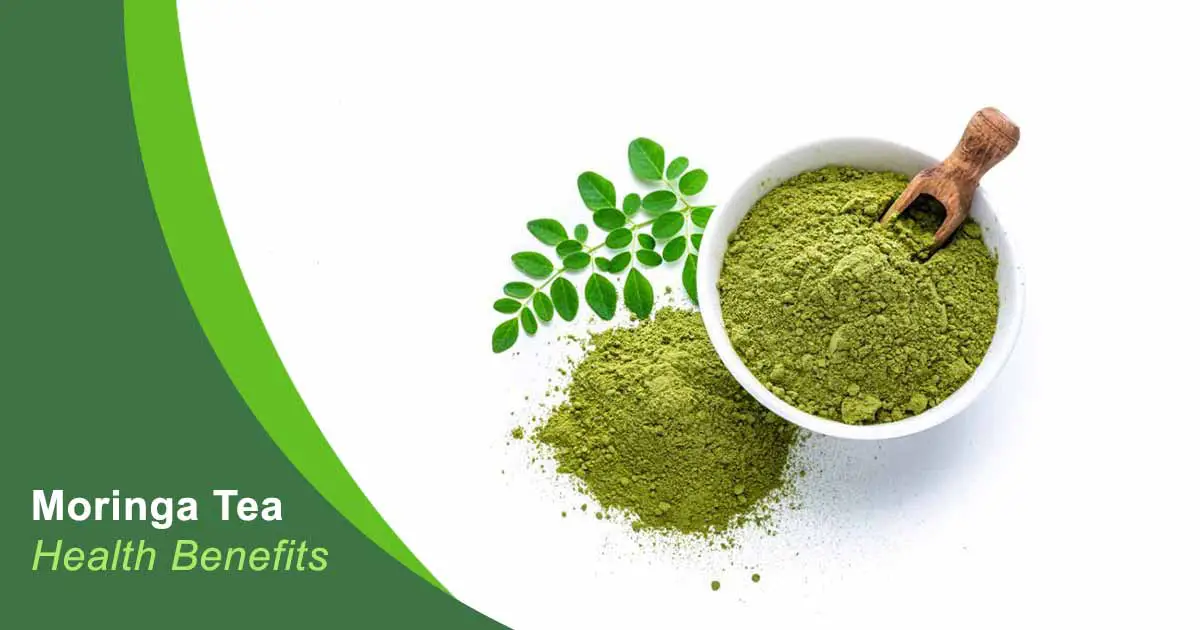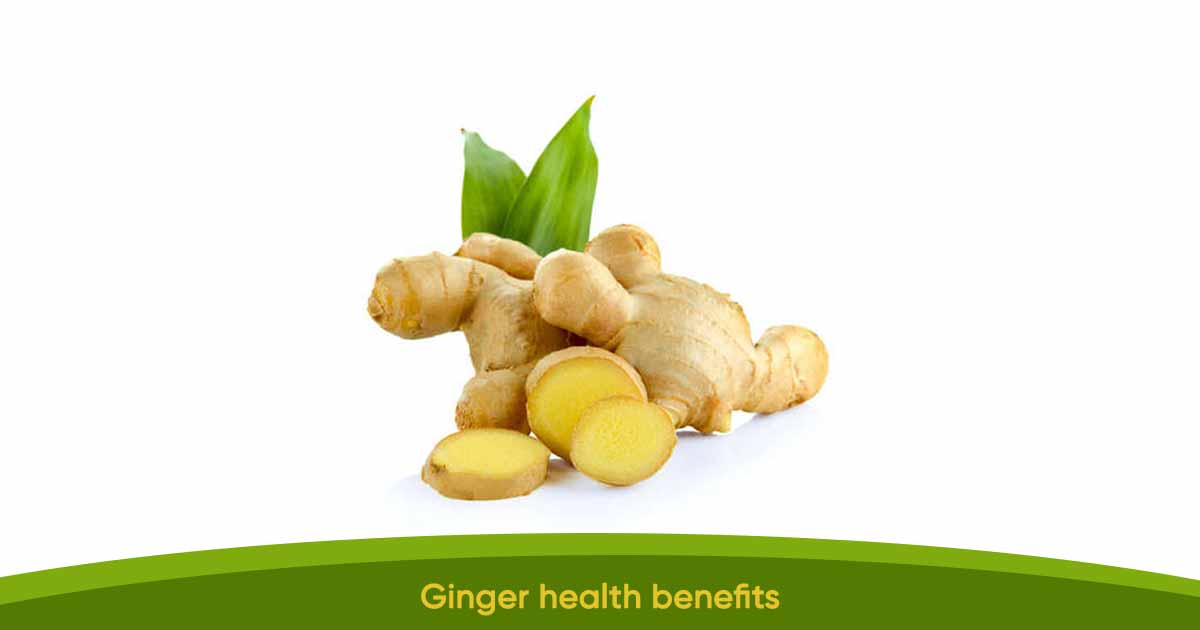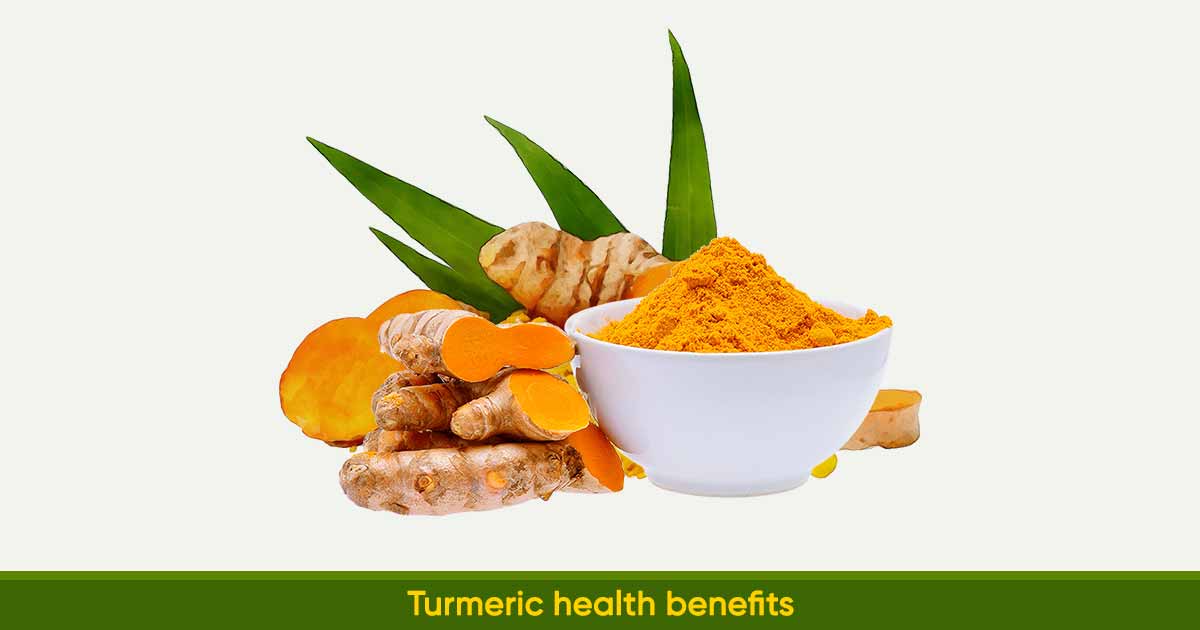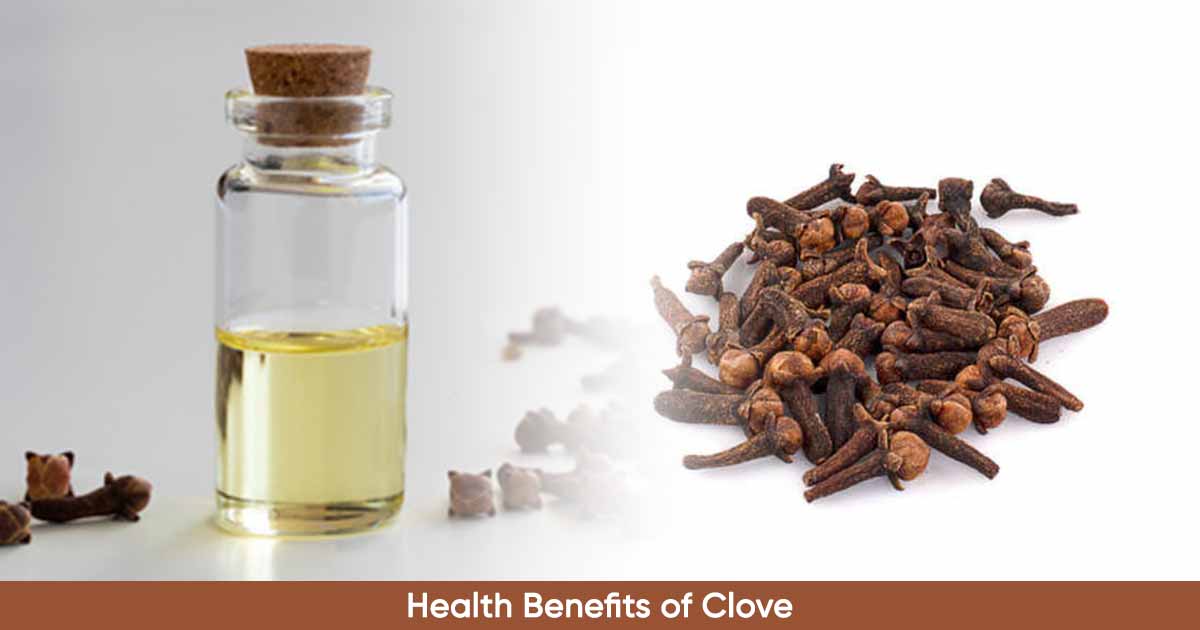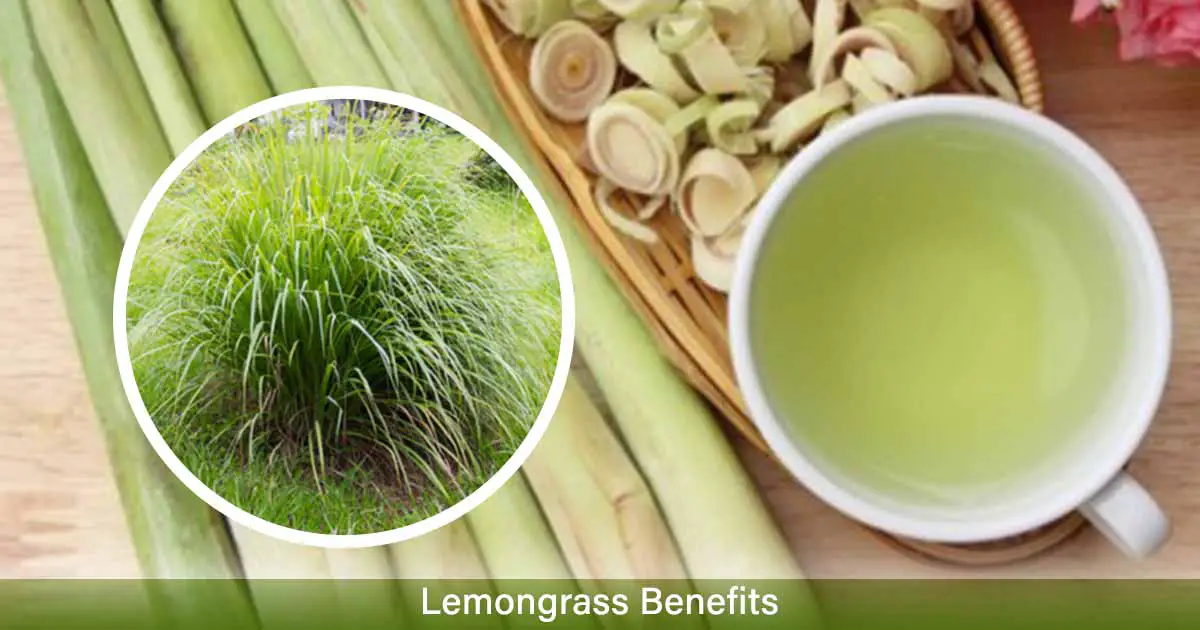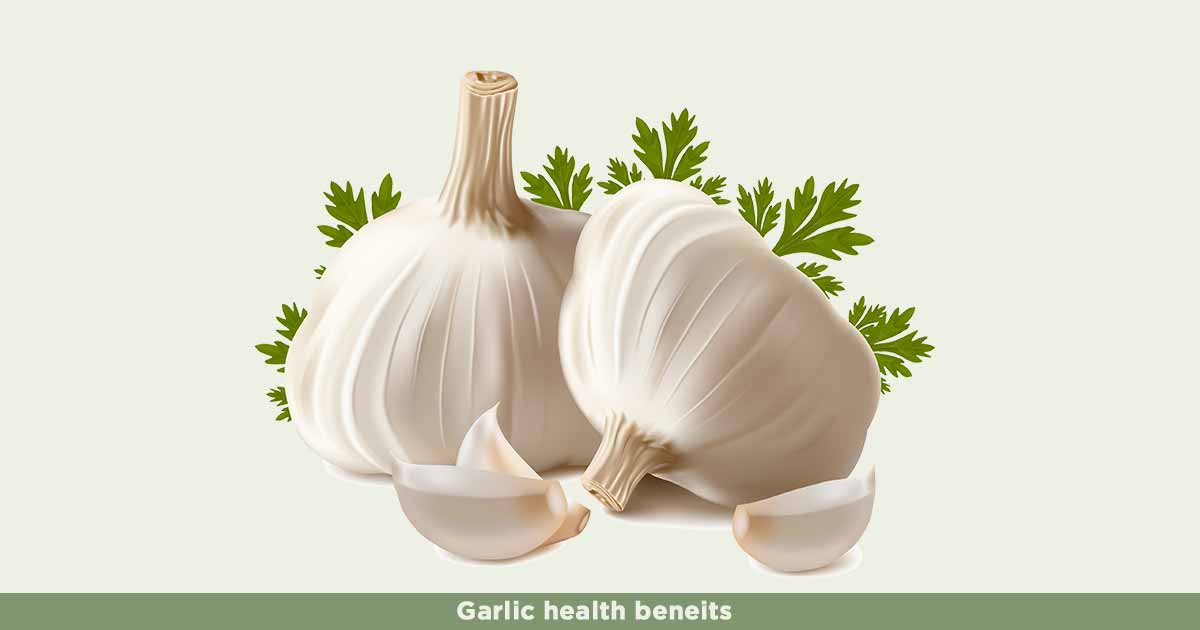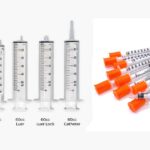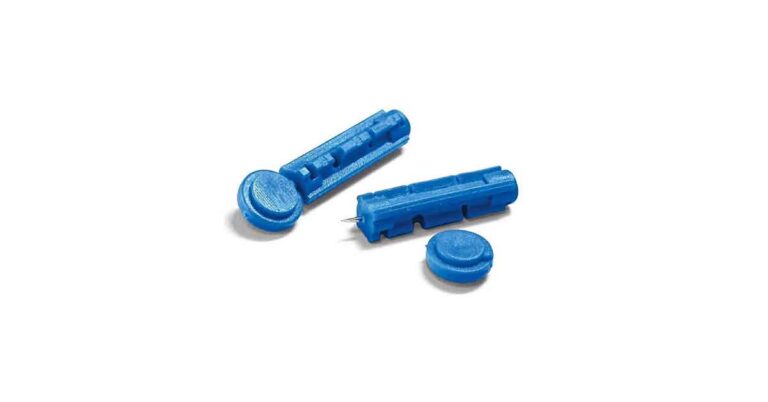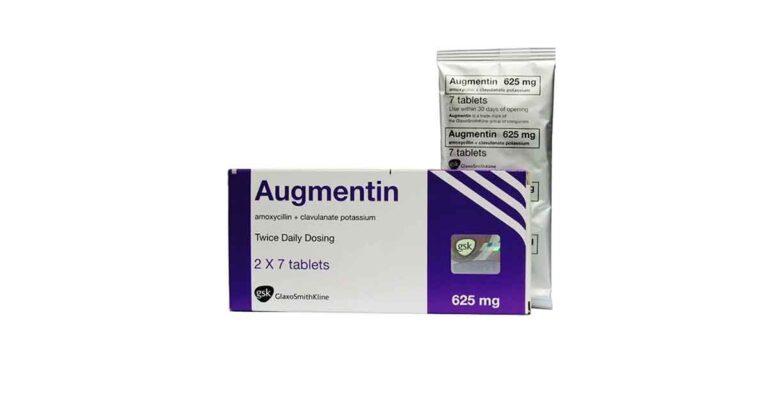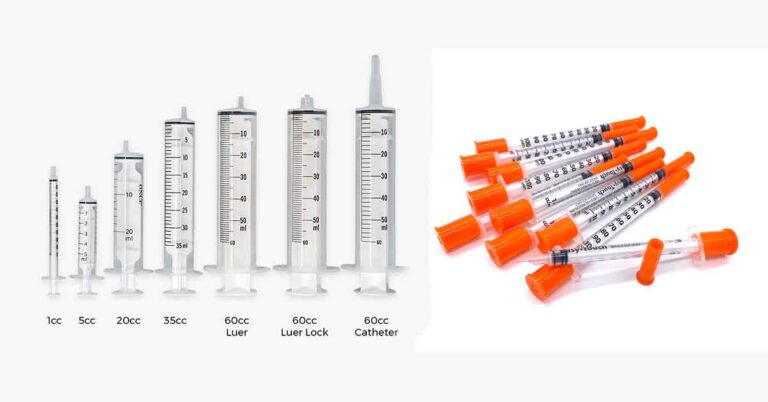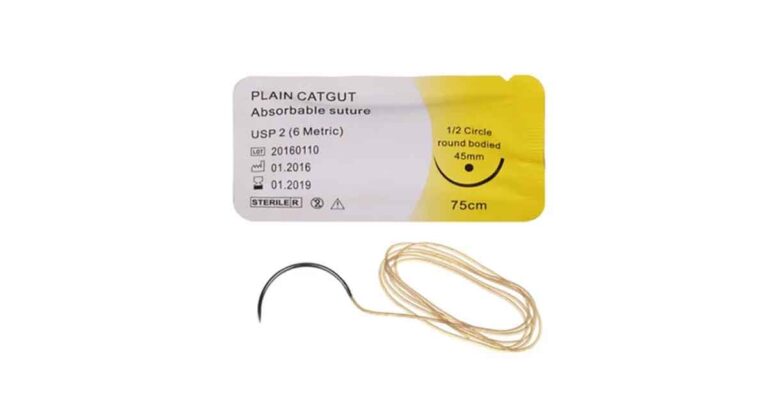Moringa oleifera, named the “wonder tree” or “miracle tree” is one of the most nutritious and therapeutic plant. Moringa tea is a product from this plant. The whole plant parts such as the leaves, pods, flowers, seed has both medicinal and nutritional elements.
The tree is native to the Indian, Pakistan, Nepal region but now grows in most part of the world. It has been used in traditional medicine for centuries.
Moringa has high vitamin A content, more than orange, more calcium than milk, more vitamin A than carrot, more potassium than banana, more iron than spinach, more protein than yoghurt, and more magnesium than kale.
It contains other minerals and nutrients, such as phosphorus, iron, magnesium, amino acids, proteins and energy. This makes it a choice to treat malnutrition and for nutrient fortification.
Antioxidants such as polyphenols, beta-carotene, and flavonoids such as kaempferol, quercetin are also abundant.
Moringa Tea
Moringa tea is a powder formulation from the moringa plant. It is called the “miracle tea” because of the various healing properties. The tea can detoxify, cleanse, and heal. They make this tea from the powder of the dehydrated moringa leaves.
In some products, they flavor it with sage, rosemary, lemongrass or spearmint for minty taste. Some of the moringa tea is formulated with other natural herbs and plants such as ginger, hibiscus, turmeric to boost the nutritional and medicinal value.
Lemon grass is believed to detoxify and remove toxins from the body. It also aids digestion, weight control, regulates cholesterol level and blood circulation. It has abundant antioxidants.
Hibiscus may help to lower systolic and diastolic blood pressure while ginger may help to improve digestion, and manage common cold and flu.
Moringa Capsule
This is another formulation of the moringa plant. The capsule is a moringa leaf powder supplement that comes in a dosage form of 1000 mg. The dosage is two capsule per day.
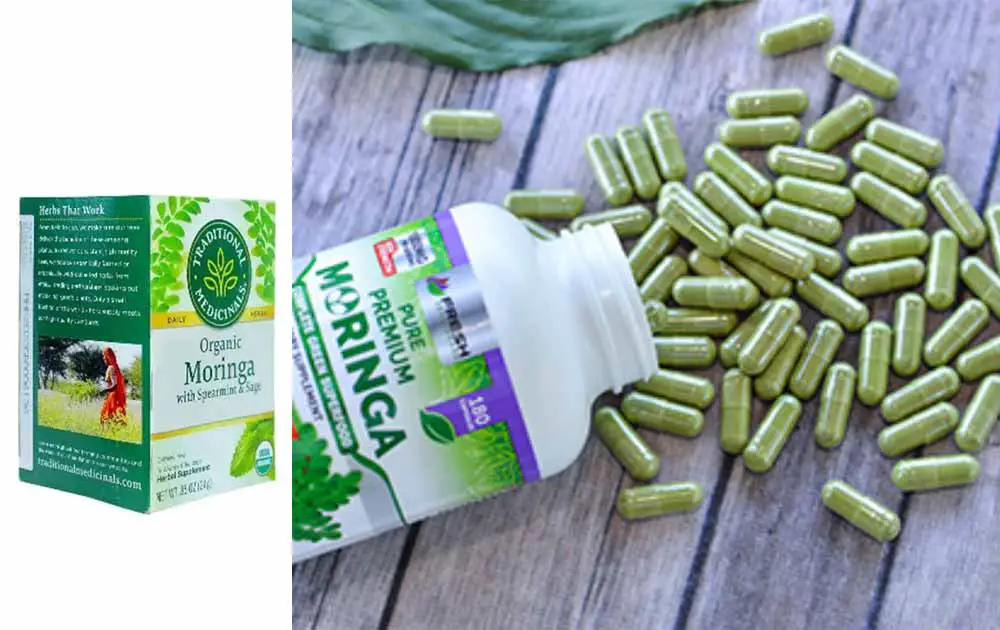
How to prepare moringa tea
To make moringa tea, you will need 10 ounces of hot water, one teaspoon of moringa tea. You can add sweetener such as honey, or agave. Lemon can be added.
- Air dry the leaves and stalks of the moringa plant to remove moisture.
- After drying the leaves and stalks, put them in the blender and grind.
- Add a teaspoon of the powder in a cup and add hot water. Allow 2 to 3 minutes to dissolve.
- You can add honey to sweeten the tea. Lemon can also be added too.
Health Benefits of Moringa Tea
Moringa tea has several nutrients and medicinal constituents, some of which are:
Diabetes:
Moringa tea can help to manage blood sugar level. Antioxidant such as chlorogenic acid has blood sugar lowering effect. Vitamin C also has a similar effect.
Antimicrobial
Laboratory experiments on animals suggest moringa may have antibacterial, antifungal and antiviral effects against various infections. This may help to manage infections, such as gingivitis, urinary tract infections, digestive symptoms, and skin infections.
Lactation
The tea can help to boost milk production in nursing mothers, hence it is an excellent galactagogue. However, consult your doctors before taking herbal supplements while breastfeeding.
Weight loss
The tea has low fat, which is good for weight loss. It has constituents that can increase metabolism, reduce sugar, and burn calories. It also has no caffeine and sugar.
High blood pressure:
Constituent, such as quercetin, has blood sugar lowering effect. Potassium is a vasodilator that can help relax the blood vessels, arteries and normalise the blood circulation.
Enhances immunity:
The tea has ascorbic acid (Vitamin C) and antioxidants that can improve the immune system. Vitamin C also boosts white blood cell production.
May help in digestion
Moringa has an anti-inflammatory effect. This property is ideal for managing stomach upset, diarrhea, constipation and other gastrointestinal issues.
Improve hair growth
Iron, vitamin C, amino acids can help to promote hair growth, prevent dandruff and hair loss.
Brain function
Antioxidants have neuroprotective effects. Moringa may affect the neurotransmitters and improve cognitive functions.
Boost Performance
Traditionally, people take moringa tea to boost libido and manage erectile dysfunction.
Anti-inflammatory
It may reduce inflammatory reaction in the body, aches, headache and also promote the healing of the wound. Ascorbic acid helps in collagen formation and reduce blood clotting time in wound healing.
It also relieves joint pains, arthritis, stress and migraine headache.
Antioxidant effect
Antioxidants in the tea can help to prevent oxidation stress in the body. It clears free radicals that can cause diseases such as cancer, heart diseases, and other damages to the body cells.
Anti-aging:
Some phytochemical such as Vitamin C, E, and bioflavonoids in the plant can reduce aging and nourish the skin. Other anti-inflammatory components help to curb acne.
Respiratory Effect:
Moringa tea may have beneficial effect on the respiratory tract against diseases such as bronchitis, asthma.
Moringa tea side effects
People who are allergic to ingredients such as moringa powder, hydroxymethyl propyl cellulose (for the capsule) should not take the capsule.
Moringa powder may cause bloating, nausea, vomiting, tiredness, stomach gas, stomach cramps, diarrhea, constipation, skin irritation, digestive issues, headache, fatigue, changes in blood glucose, and other allergies.
It may worsen conditions such as gastritis, irritable bowel syndrome.
Moringa in pregnancy
Pregnant women may not take moringa formulation from the root, flower, bark since it may contain constituents that can cause contraction and tightening of the uterus, causing miscarriage.
Sources

